PLOT: The life of the legendary composer and conductor Leonard Bernstein (Bradley Cooper) and his complicated, decades-long marriage to Felicia Montealegre (Carey Mulligan).
REVIEW: Maestro is a movie that would never exist were it not for two things: Netflix’s commitment to prestige fare and Bradley Cooper’s all-encompassing passion for the life and work of Leonard Bernstein. You can tell that Cooper spent his life preparing to do his passion project and has thrown his whole being into the film. Cooper hasn’t directed a movie since 2018’s A Star Is Born, because he’s spent all that time preparing for Maestro, and his passion shines through in every second of the film.
Indeed, Bernstein’s life is a fascinating one. He’s still widely considered the most influential musician of the 20th century. He was not only lionized as the first great American conductor who popularized symphonic and orchestral music in mainstream culture but also a widely successful composer. Indeed, his work for West Side Story is a classic, and in his life, he was looked at as a genius who could do no wrong.
While Cooper’s film acknowledges his brilliance and wisely scores the film entirely with his work, that’s not where he chooses to place his focus. Instead, Cooper and screenwriter Josh Singer zero in on his complicated personal life. Like many men of his era, Bernstein was a homosexual who felt he could never be faithful to his orientation and married a woman. His partner, Felicia Montealegre, was herself a giant of Broadway, being a noted actress, and the movie depicts them as soulmates – of a kind.
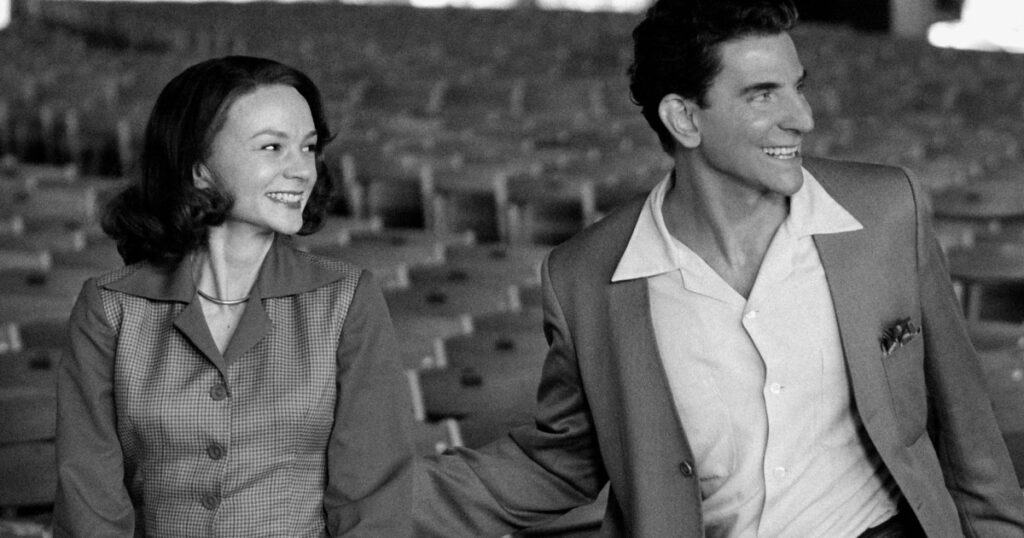
Yet, the film shows how the lie behind their marriage eventually starts to catch up with them, with Bernstein unable to resist affairs with men, while Montealegre tries to hide the truth from their kids, hoping he’ll be discreet. It’s a love story that’s pretty evocative of its era, as many such marriages existed. Cooper plays Bernstein as wildly charismatic and thoroughly immersed in his life as an artist. While many have taken issue with his artificial nose, it comes off much better in the film than in still images. To Cooper’s credit, you forget he’s acting – he becomes Bernstein, especially in the virtuoso moments where he’s shown conducting.
However, Carey Mulligan’s Montealegre gets just as much of a focus, with it ultimately a tragic story of a woman who loves her husband but knows he’s incapable of ever loving her entirely, as to do so would be to deny who he really is. It’s a situation many women of the era who married gay men suffered, as how could you hate someone for choosing not to live a lie? The movie depicts the ups and downs in their marriage, including a brief detour where Bernstein leaves to live as an openly gay man. But, ultimately, it’s life-affirming in that it shows how, despite everything, Bernstein and Montealegre did love each other and would always support each other in their moment of need.
All this makes Maestro a thoroughly compelling and unique love story. Cooper made an exquisitely crafted film, shot in a mixture of aspect ratios, with half the movie in black and white and half in colour. Cooper is disciplined in the film’s pacing, keeping it to two hours and change. He could have made a three-hour epic but chose to create a more intimate movie, and the result is one of the year’s most impeccably made films. It proves A Star is Born was no fluke, and Cooper is the next great actor-director of our time, similar to one of his mentors, Clint Eastwood.
My only criticism of Maestro, and it’s a nitpick, is that the film focuses so entirely on Bernstein and Montealegre that the supporting players fail to register. The cast is stacked, with Maya Hawke playing their beloved daughter, Matt Bomer playing one of Bernstein’s former lovers, and Sarah Silverman playing his sister. While they each have a solid amount of screen time in retrospect, it almost feels like they’re playing walk-ons, as the movie, being so lean, only really has time to focus on the couple at its center. That’s probably unavoidable, though, and if the alternative was to blow up the running time, Cooper made the right call. Indeed, Maestro is a film full of “the right calls” and the type of movie that sneaks up on you. I thoroughly enjoyed watching it but was profoundly moved when the credits rolled. Indeed, it’s one of the year’s best movies.


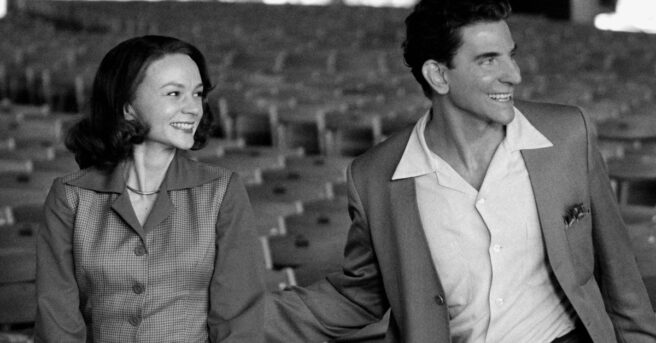








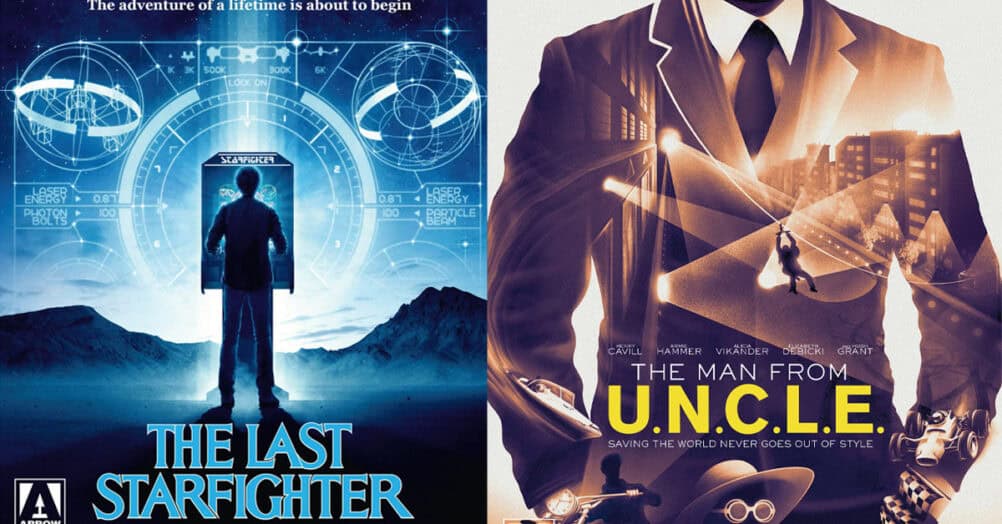


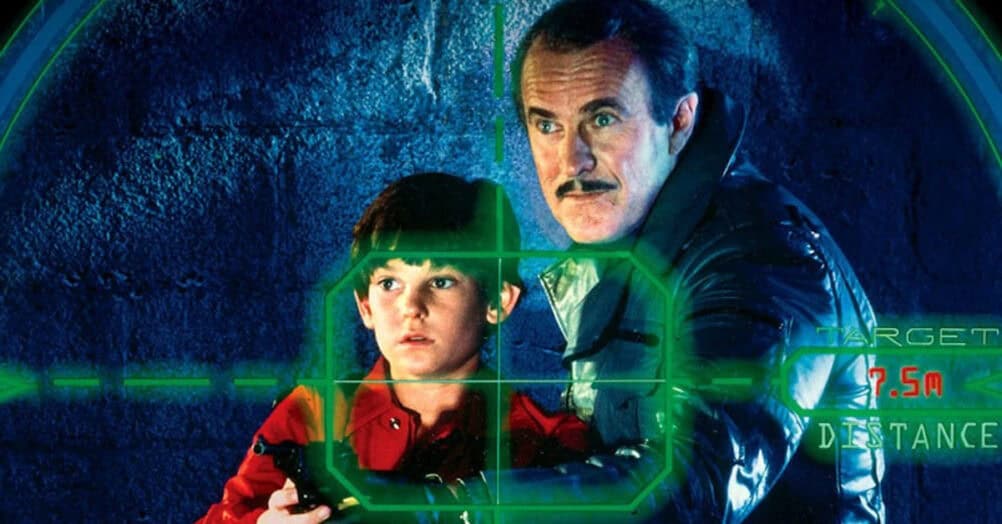

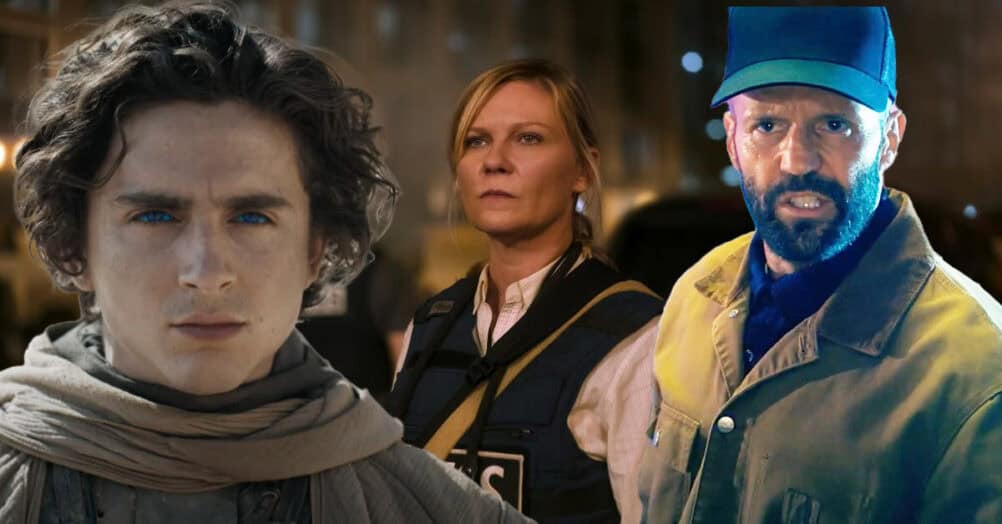




Follow the JOBLO MOVIE NETWORK
Follow us on YOUTUBE
Follow ARROW IN THE HEAD
Follow AITH on YOUTUBE